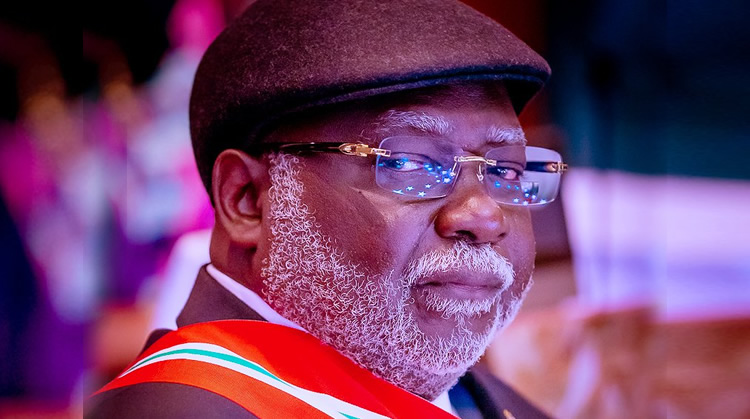
The Chief Justice of Nigeria (CJN), Justice Olukayode Ariwoola, has expressed the judiciary’s commitment to embrace information technology to advance justice delivery in the country.
This declaration was made at a workshop organised by the National Judicial Institute (NJI) held in Abuja.
Justice Nelson Ogbuanya moderated a session on “Digital Courtroom: Managing Remote Access and Video Links for Victims and Witnesses in Judicial Proceedings,” which brought together participants from federal and state courts nationwide, including legal and research assistants, registrars, and ICT officers.
The Hybrid National Workshop on Legal Research and Information & Communication Technology (ICT) for Legal and Research Assistants, Registrars, and ICT officers of the Judiciary took place from July 29.
In his keynote address, the CJN said that the workshop’s theme, “Enhancing Effective Justice Delivery Through ICT,” reflects the judiciary’s dedication to technological innovations in modernising and reforming the administration of justice in Nigeria.
He emphasised the need to view technology as a powerful ally in the pursuit of justice rather than a threat to the existing structure.
Justice Salisu Garba Abdullahi, Administrator of the NJI, stressed the importance of exploring ICT’s impact on justice administration.
He noted that the primary responsibility of legal research assistants is to provide quality research and apply excellent analytical and writing skills, making the informed utilisation of ICT tools indispensable.
Justice Ogbuanya, the session’s moderator, remarked that leveraging technology for effective justice delivery, such as adopting a digital courtroom operating in a hybrid system, presents no legal challenges.
He explained that the Constitution does not exclude digital platforms from being part of a courtroom.
He urged participants to proactively deploy ICT tools to advance justice in their respective domains.
Assistant Director of the IT Unit at the Supreme Court of Nigeria, Mr Folorunso Agbeja, demonstrated ICT operations in digital courtrooms.
He explained that the digital age has revolutionised societal communication and business conduct, and the judiciary is no exception.






